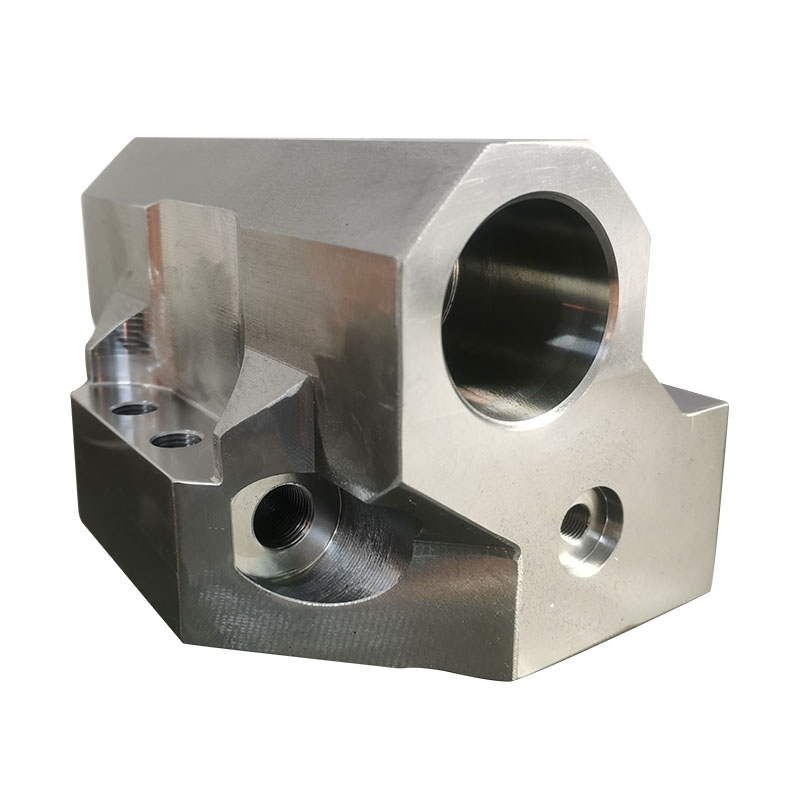How to Choose and Maintain Hydraulic Valve Blocks for Optimal Efficiency
2025-01-22
Selecting the right hydraulic valve block and maintaining it properly can significantly impact your system’s performance and reliability. In this blog, we’ll explore factors to consider when choosing a hydraulic valve block and provide essential maintenance tips.
Factors to Consider When Choosing a Hydraulic Valve Block
1. System Requirements
- Understand the flow rate, pressure range, and directional control needs of your system.
2. Material
- Choose durable materials like steel or aluminum based on the operating environment.
- Aluminum is lightweight and corrosion-resistant, while steel is ideal for high-pressure applications.
3. Design
- Decide between mono-block or modular designs based on space constraints and customization needs.
4. Valve Compatibility
- Ensure the valve block supports the required valve types, such as check valves, relief valves, or directional control valves.
5. Operating Environment
- Consider factors like temperature, exposure to corrosive substances, and vibration levels.

Maintenance Tips for Hydraulic Valve Blocks
1. Regular Inspection
- Check for wear, corrosion, or damage to the valve block and its connections.
2. Cleanliness
- Keep the valve block and surrounding area clean to prevent contamination.
3. Monitor Hydraulic Fluid
- Use clean, high-quality hydraulic fluid and replace it as needed.
4. Check for Leaks
- Inspect all connections and seals regularly to identify and address leaks promptly.
5. Test Valve Functionality
- Periodically test the valves to ensure they are operating correctly.
6. Replace Worn Components
- Replace worn-out seals, valves, or fittings to maintain system integrity.
Common Signs of Valve Block Issues
- Inconsistent System Performance: Erratic actuator movement or loss of power.
- Leaking Hydraulic Fluid: Indicates potential seal or connection failure.
- Unusual Noises: Whining or buzzing sounds suggest blockages or valve malfunctions.
- Overheating: May result from fluid contamination or pressure imbalances.
Benefits of Proper Maintenance
- Extends the lifespan of the hydraulic valve block.
- Reduces downtime and maintenance costs.
- Improves system efficiency and reliability.
Conclusion
Choosing the right hydraulic valve block and maintaining it diligently is essential for the smooth operation of any hydraulic system. By understanding your system’s requirements and following a regular maintenance routine, you can maximize efficiency and minimize the risk of costly breakdowns.
Whether you’re in construction, manufacturing, or agriculture, a well-maintained hydraulic valve block ensures your operations run like clockwork.


